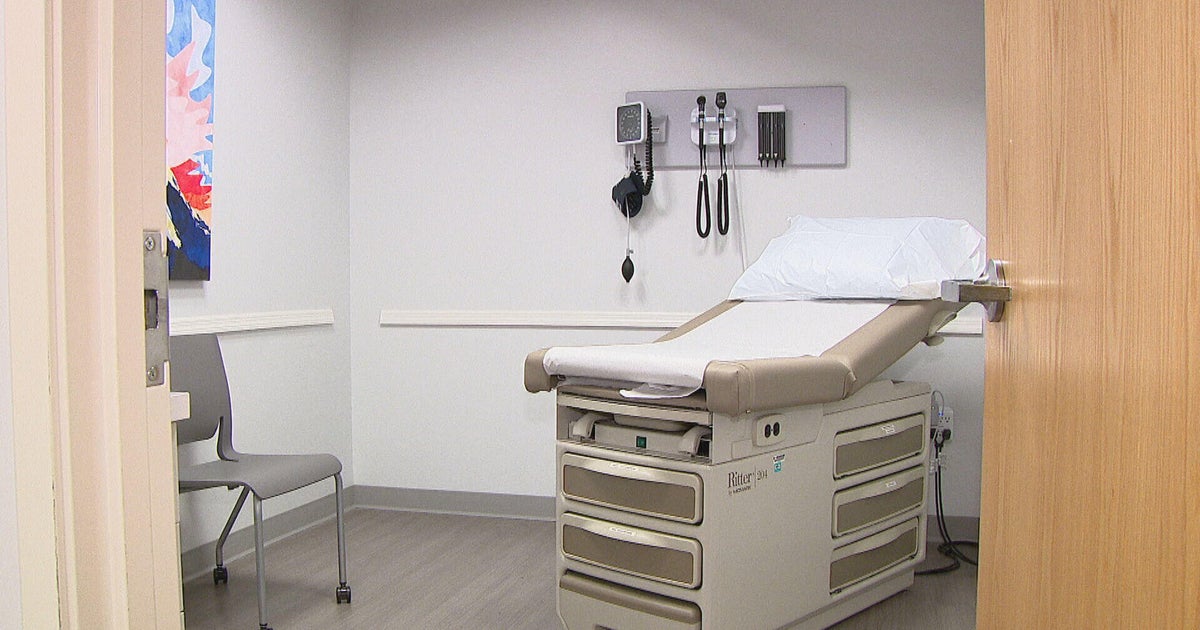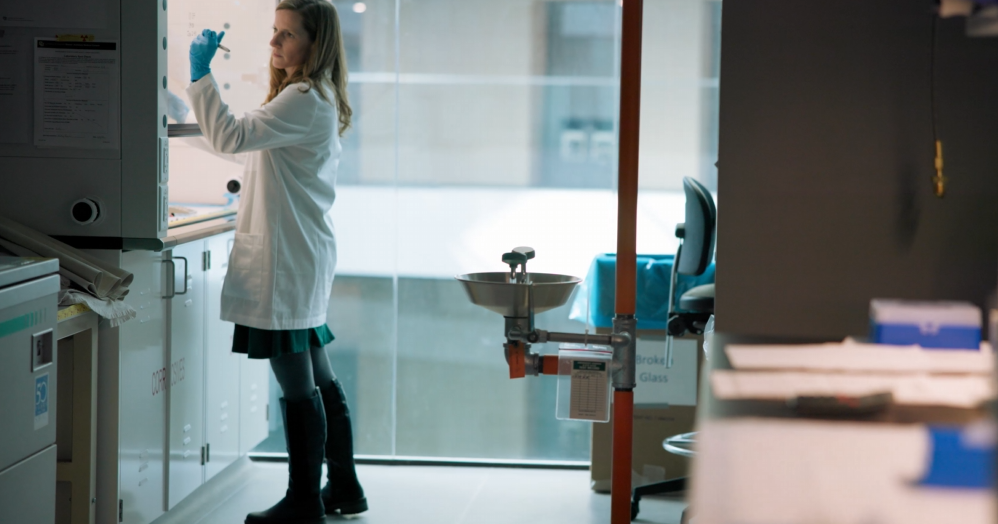CSU study will have cows wearing Fitbit-like monitors
A multi-state research team led by a Colorado State University professor anticipates using monitoring devices like Fitbits or Apple Watches in an effort to study and improve dairy cow health.
The study will focus on bovine mastitis, a common and costly mammary infection that affects lactating dairy cattle.
Mastitis infections impact dairy operations to the tune of billions of dollars nationally, CSU stated in a press release. But the illness is particularly problematic for the organic dairy industry. Milk that qualifies as organic cannot come from animals which have been administered with antibiotics, the common treatment for mastitis.
"While conventional farms can use antibiotics, their use is prohibited in organic farms that have fewer options," stated Dr. Pablo Pinedo in a CSU press release.
The true financial cost of mastitis to the organic dairy industry has never been precisely studied, according to CSU, and that will be an important part of the research.
CSU announced in October a $3 million grant from the U.S. Department of Agriculture's National Institute of Food and Agriculture in support of the research.
Pinedo, a D.V.M. and associate professor in the Department of Animal Sciences at Colorado State University, will lead the research team. The team will include researchers from the University of Florida, The Ohio State University, Cornell University, the University of Minnesota and the University of Wisconsin. The project is scheduled to last last four years.
Previous research has been difficult due in part to the smaller size (and thus survey sample) of organic herds compared to "conventional" or non-organic dairy operations. CSU has a local partner to resolve that issue. Aurora Organic Dairy will make its dairies in Colorado available to complete field studies, testing new strategies for mastitis prevention during the dry-off period (the six to eight weeks before calving when cows are not milked), according to CSU.
Aurora Organic Dairy has more than 1400 milk cows at its Platteville facility.
Aurora Organic Dairy Chief Agricultural Officer Dr. Juan Velez has used essential oils and vitamins in an effort to control mastitis.
"These products are believed to have some antimicrobial capabilities - as well as the ability to increase the cow's immune response - but lack much research behind them," Velez stated. "One of the reasons I believe this project is so important is that it will help uncover if the science is solid behind products that are already available."
The study will look at those and other similar preventative measures that could benefit organic dairies across the nation - and possibly even be adopted into the methods used by conventional dairies.
Mastitis, an inflammation of the mammary gland, is often caused by trauma or infection. The condition can impact both milk quantity and quality and is one of the top reasons for early removal of cows within U.S. organic herds, per CSU.
With limited options for organic dairies to treat the illness, prevention of it becomes paramount.
"The overall goal is to develop and assess an integrated systems approach for mastitis control and welfare," Pinedo stated.
One element of the research will be to look at an individual cow's comfort and whether improvement comfort limits susceptibility or resistance to mastitis. To that end, 5,000 cows will be outfitted with special sensors to monitor their rest and activity levels.
"Using this activity data will help us learn if changes in cow behavior could be predictors to cows getting mastitis, detecting the mastitis and detecting it earlier than you would with the traditional method of just checking a few squirts of milk during milking," Velez said.
"We know that a lactating dairy cow needs to spend about 11 hours just resting," Pinedo stated. "If she's not, something is wrong. It could be that there are not enough beds, or the beds are not comfortable. Or maybe she's resting too long, which might mean she's starting to get sick."
The veterinary team at Organic Valley Cooperative will assist researchers with efforts at "a significant number" of smaller organic dairy outfits elsewhere in the country.










